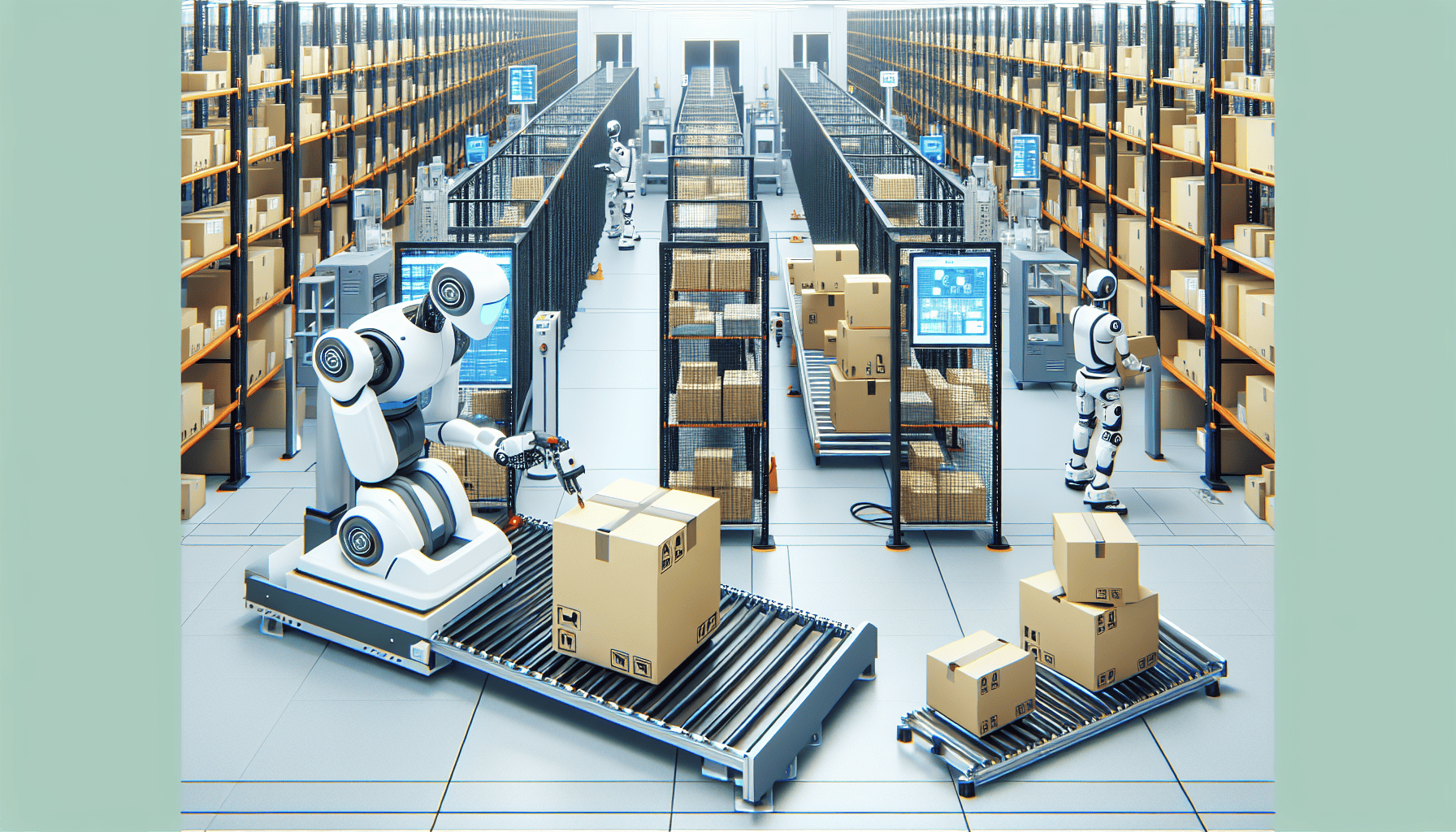In recent years, the transport logistics industry has undergone a remarkable transformation, driven by innovations aimed at enhancing efficiency and adaptability. This evolution is not only a response to increasing global demand but also a proactive effort to streamline operations, reduce costs, and improve environmental sustainability. Key innovations such as automation and real-time data tracking are playing pivotal roles in this dynamic change.
Automation has become a cornerstone of modern logistics. From autonomous vehicles and drones to robotic sorting systems in warehouses, automation is revolutionizing the way goods are transported and handled. Autonomous trucks, for instance, are being tested on highways around the world, promising to reduce labor costs and increase safety by eliminating human error. In warehouses, robotic systems enable quicker sorting and packing, minimizing human intervention and significantly speeding up processing times.
Alongside these advancements, real-time data tracking is reshaping decision-making processes within the industry. Logistics companies are increasingly adopting IoT devices and sensors to monitor every aspect of their operations. This real-time data allows for more accurate forecasting, improved inventory management, and optimized route planning. By having a continuous flow of updated information, companies can swiftly respond to disruptions, whether they are caused by weather conditions, traffic, or other unforeseen challenges.
Moreover, real-time data tracking is enhancing customer satisfaction by providing transparency. Clients can now track their shipments throughout the delivery process, leading to increased trust and reduced inquiries regarding their shipments' statuses. This transparency also extends to sustainability efforts, as companies can closely monitor their carbon footprint and implement measures to minimize environmental impact.
In addition to these technological strategies, collaborative platforms are gaining traction in the logistics sector. By using cloud-based systems, companies can share resources and information with partners and competitors alike, facilitating more efficient load sharing and reducing empty runs. This collaboration not only cuts costs but also contributes to broader environmental goals by decreasing emissions.
Furthermore, the adoption of green logistics practices is on the rise. Companies are investing in electric and hybrid vehicles and exploring alternative fuels to reduce their carbon emissions. By integrating more sustainable practices, the logistics industry aims to contribute positively to the fight against climate change while maintaining competitive efficiency.
In conclusion, the transport logistics industry is in the midst of a significant transformation, driven by innovations such as automation, real-time data tracking, collaborative platforms, and green logistics practices. These developments are not only enhancing efficiency and reducing costs but also paving the way for more sustainable operations. As the industry continues to evolve, the companies that adapt and embrace these innovations will undoubtedly lead the way into a more efficient and environmentally conscious future.
